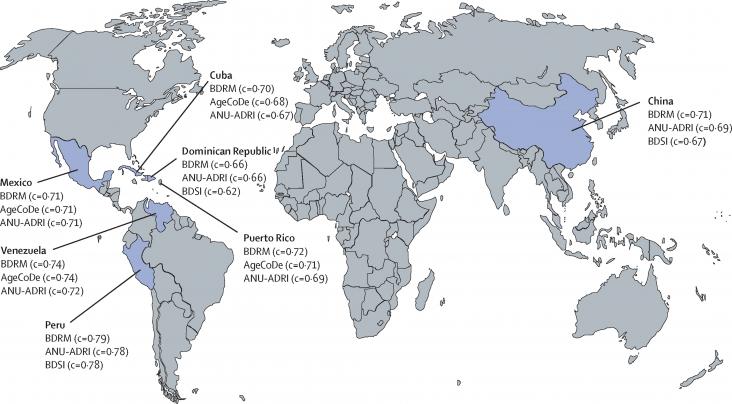This book chapter advances SDG 3 and 10 by providing an overview of the mechanisms and factors likely to influence mental health and access to care of ethnic minority older adults.
This chapter focuses on the role of religiousness in meaning making following stressful life events which can help with global health and well-being.
This chapter first provides an overview of theories and research linking the psychology of religion to positive psychology, which can lead to better health and well-being for individuals.
As climate impacts farming, so does farming impact climate change. Identifying best-practices that optimise food security while protecting the environment is a key to sustainable food security. This chapter contributes to SDGs 2, 3 and 12.
This book chapter advances SDG 3 and 10 by reviewing specific applications of CPT in diverse populations and across cultures. This chapter provides a clinicians with guidance in applying this approach to the patients they may see in their own settings in order that they can all apply CPT in the most culturally sensitive way.

An article in support of SDG 3, assessing whether and to what extent existing dementia prevention models developed in high-income countries can be extrapolated to low-income and middle-income countries, where dementia risk prediction research is almost non-existent.
Introduction: Clitoral reconstruction (CR) is a controversial surgical procedure performed for women who have undergone medically unnecessary, often ritualistic genital cutting involving the clitoris.
Linked to SDGs 3 and 5, this chapter examines domestic homicides of older women through the lens of ageism.
This paper takes into account legal aspects such as GDPR and it extends the Healthcare Industry architecture reference model, with a set of tools dealing with consent management and data hiding tools
This book chapter advances SDG 3 and 10 by describing and discussing (1) the existing evidence examining associations between mental health and technology use including depression, anxiety, body dissatisfaction, attention-deficit disorders (and risks of distraction), and addictive behaviors and (2) the impacts of risky online communities on adolescents’ mental health, focusing on networks promoting proeating disorder behaviors and prosuicidality.
